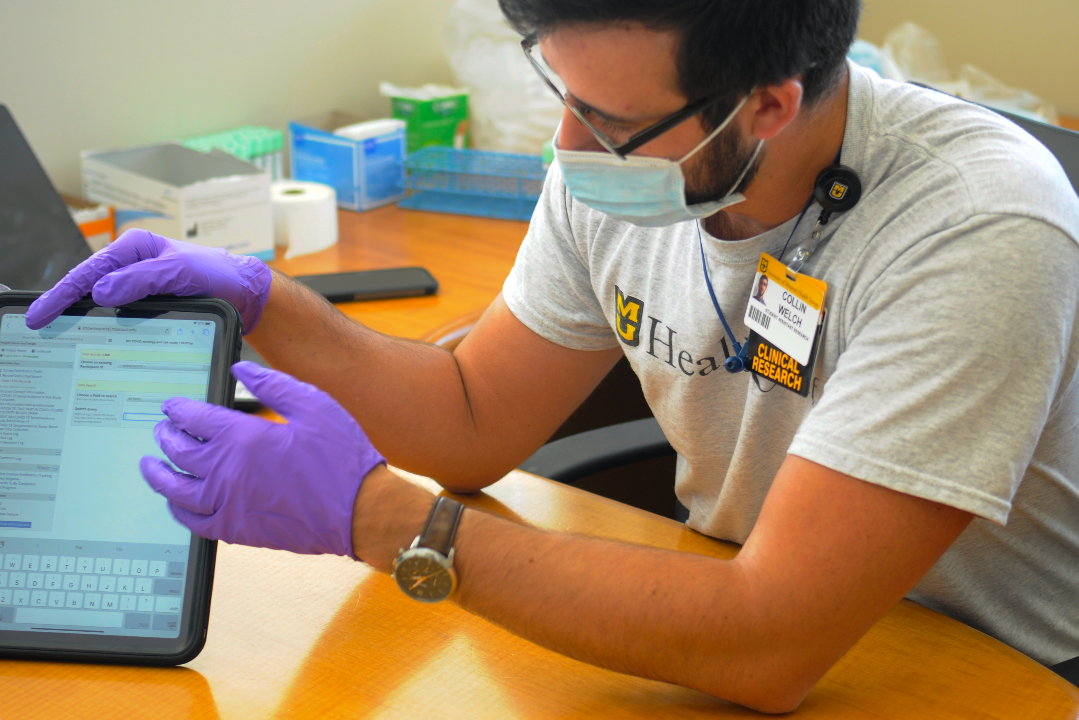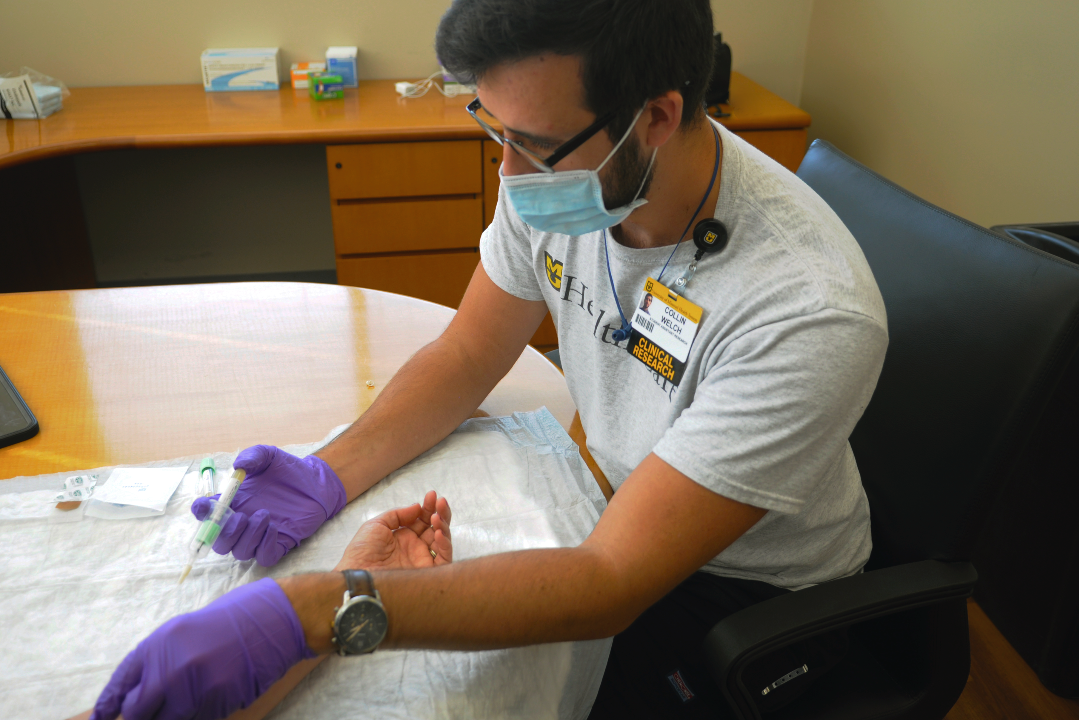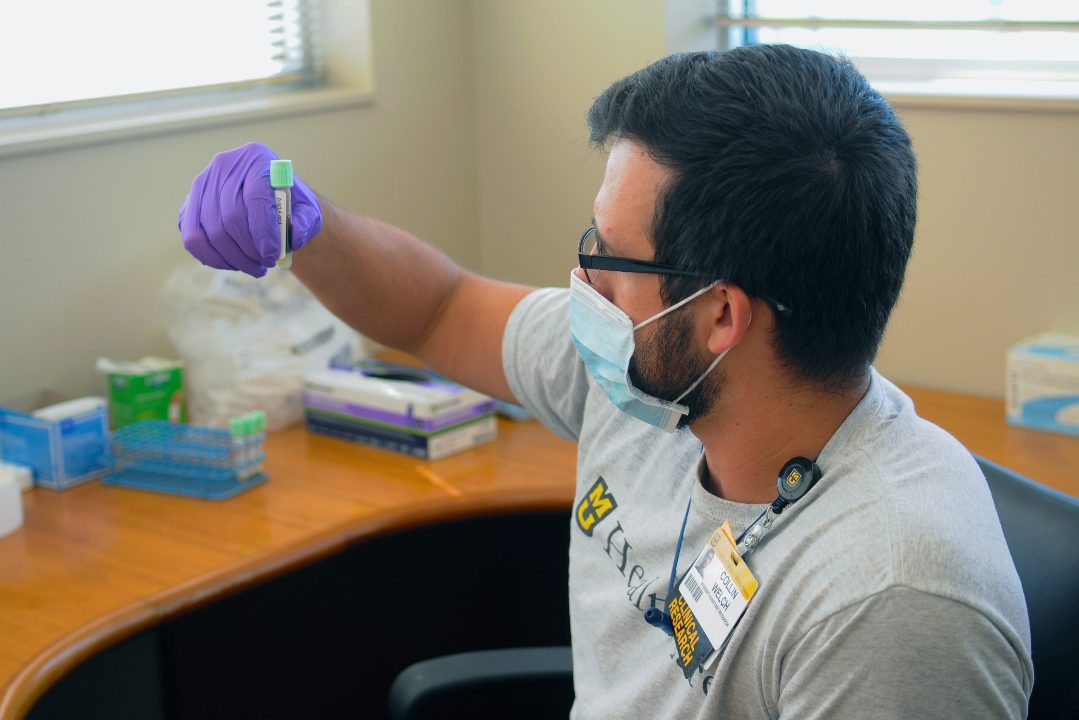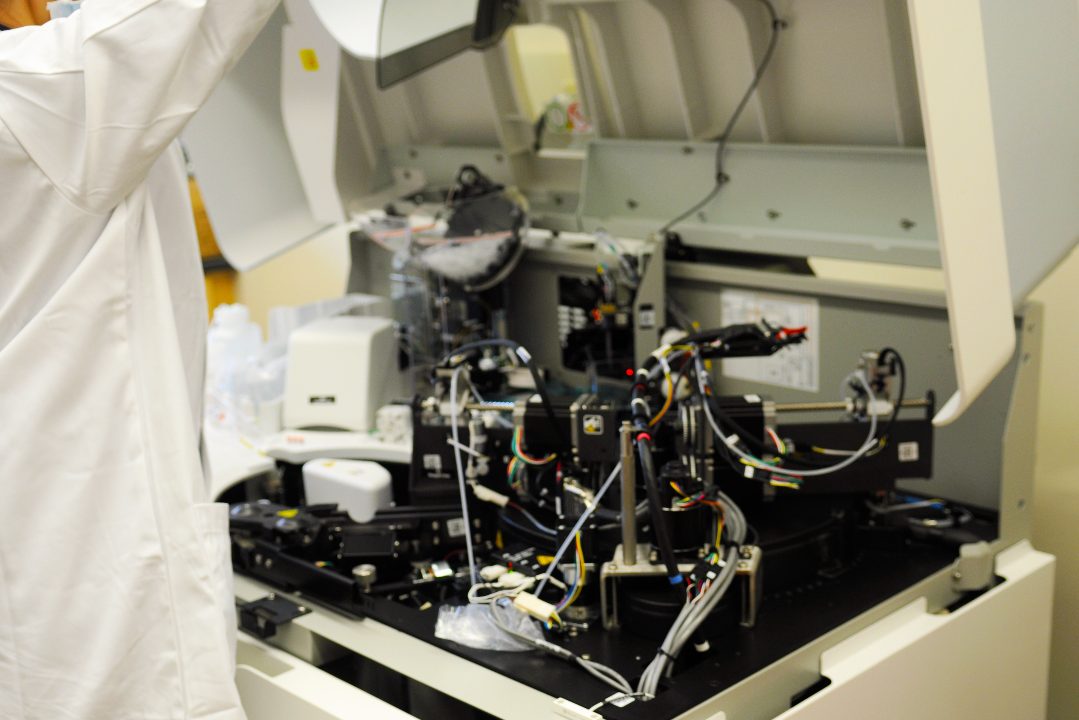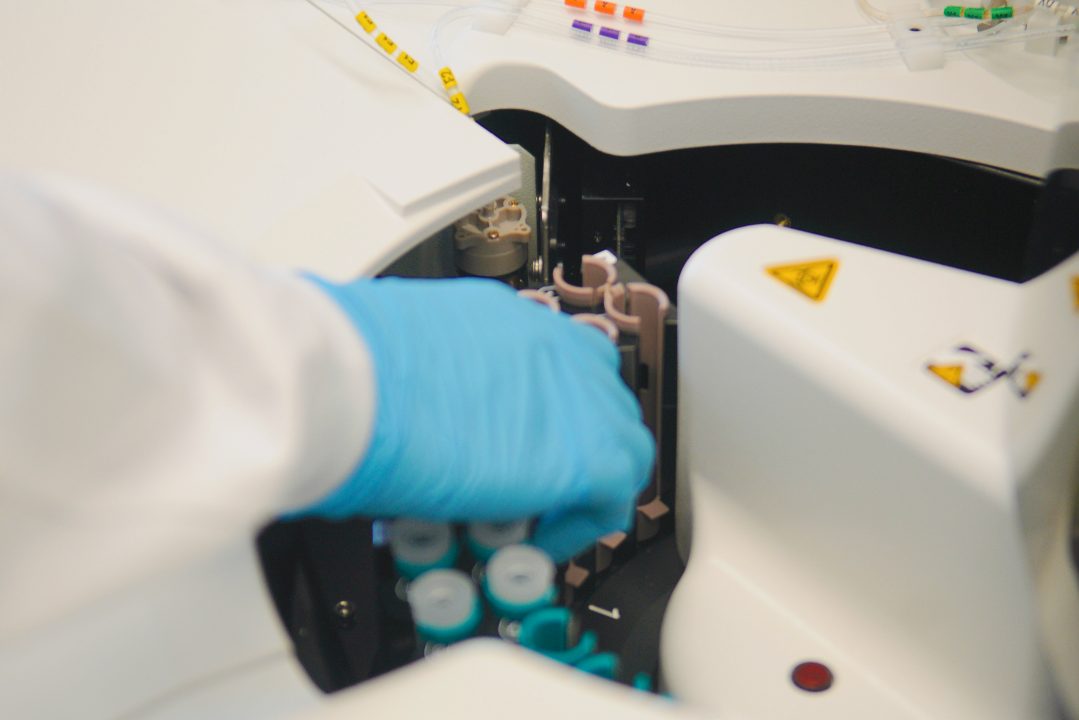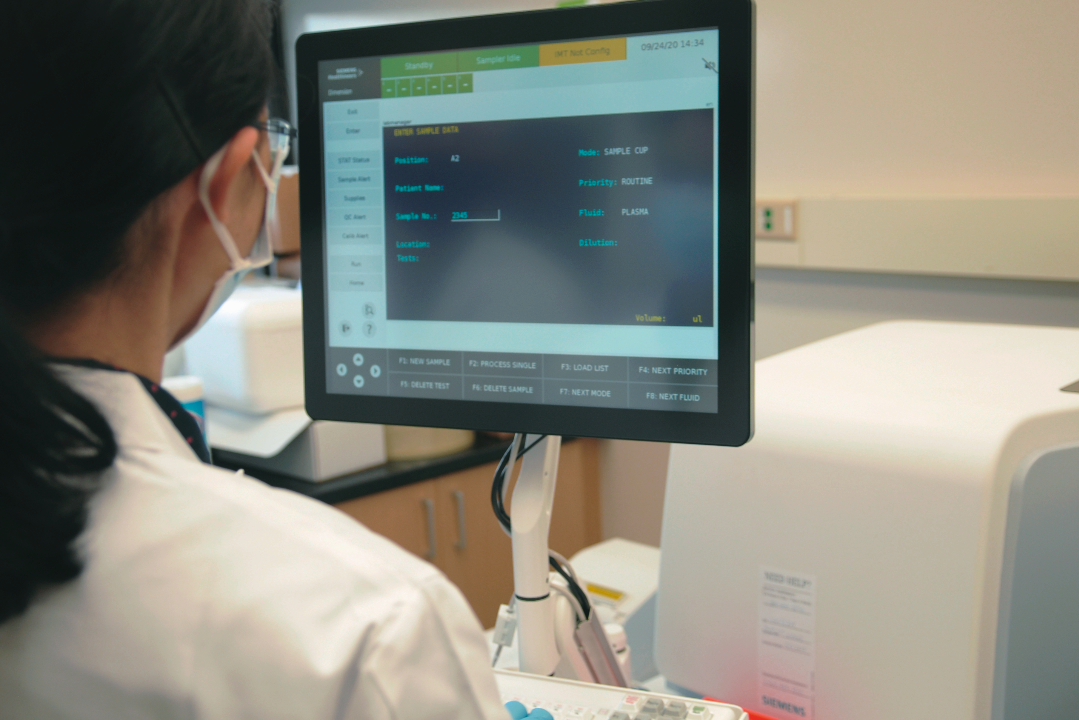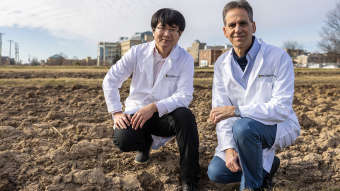Students, faculty and staff needed for a research study on COVID-19
The Department of Public Health in the School of Health Professions is seeking MU faculty, staff and students to participate in a study examining people’s perceptions and behaviors in the context of COVID-19. Participants will learn if they have COVID-19 antibodies and will assist MU in acquiring valuable information regarding immune system responses to COVID-19 after exposures. These data will help inform MU campus planning. The study is expected to last throughout the Fall semester. If you’re interested in participating, please go to https://is.gd/MUcovidresearch. For questions, email mucovidresearch@missouri.edu.
September 29, 2020
Contact: Brian Consiglio, 573-882-9144, consigliob@missouri.edu
A multidisciplinary research project at the University of Missouri is collecting survey data and voluntary blood samples from a randomized sample population of MU students, faculty and staff to examine the prevalence of COVID-19 antibodies in the MU community. The goal is to better understand how well the MU community is responding to risk mitigation strategies already in place, as well as provide researchers with valuable information regarding individuals’ immune system responses to the coronavirus after exposure.
“The risk survey asks individuals about behaviors and activities they have engaged in during the past few months, as well as their perceptions about COVID-19 and its impact on various age groups,” said Enid Schatz, professor and chair of the Department of Public Health in the MU School of Health Professions. “The second part of the study involves a blood draw to test for COVID-19 antibodies, so we are trying to see if we can make any connections between behaviors and antibody prevalence. This could potentially help inform us what things we are doing that seem to be working well or if there are any additional risk mitigation strategies we can think of to continue to make MU a safe place for our community to be.”
To ensure the research study is a randomized sample that accurately reflects the MU community, the main form of recruitment is through individuals being invited by email to participate in the project. Blood draws will take place throughout the fall 2020 semester on MU’s campus to assess antibody prevalence in the campus population over time. MU is collaborating with Siemens Healthineers, which provided funding and equipment for the study.
“Those who test positive for the antibodies will now presumably have some degree of protection from the disease, however the strength and length of that protection is still unknown at this time,” said John Middleton, a professor in the MU College of Veterinary Medicine who specializes in epidemiology. “By looking at how an individual's immune system responds to the infection over time, we can gather a lot of data that will help inform us about how to protect people going forward.”
Middleton adds that if a vaccine were to become widely available in the future, this antibody project might help inform researchers how long the immunity from a vaccine is expected to last or how often people should get vaccinated.
“The data collected from this research could help inform us of what type of immunity a vaccine will need to stimulate,” Middleton said. “Understanding the immune response to natural infection will help inform us whether vaccines are expected to be effective. However, in the absence of a vaccine we are not currently defenseless, as social distancing, hand hygiene and face coverings continue to be effective strategies for reducing the spread of COVID-19.”
The project involves MU experts in areas such as public health, medicine, molecular immunology, veterinary medicine, sociology, psychology and health informatics.
“This research shows MU’s strength in interdisciplinary collaboration,” Schatz said. “This is a really great example of how important it is to look at these problems from multiple perspectives and bring various experts together rather than everyone working separately in their own silos.”
Schatz added that individuals who choose to participate in the study will be notified if their antibody results are positive or negative. However, MU will only be made aware of the overall percentage of antibody prevalence and will not learn the identity of the individuals participating. The research team will aim to share its findings with both Siemens and MU administrators at the end of the fall semester to discuss the results and determine if any additional pandemic-related interventions are needed.
“If we can better understand people’s perceptions and behaviors, we can design future intervention strategies based on those behaviors,” Schatz said. “Our goal is to not only better understand disease exposure and transmission in our community, but also to provide resources to those that need it. The pandemic has shined a light on the importance of physical health, but also the very real impacts on mental health, particularly amongst student populations, and we want to gather data that will help us address those issues as well.”
